New Orleans (LA) — Former Dallas Cowboys fullback Daryl "Moose" Johnston has been out of the NFL for 13 years now, but it doesn't feel like he ever left. That's because he's been in NFL broadcast booths since the year he retired. While many of the Cowboys from that era have been all over the map, Moose's life has been steadier. He's been with his wife, Diane, for 17 years, has two kids and is also extremely passionate about his dogs, one of which participated in the Purina Pro Plan Canine Combine at the Super Bowl here in The Big Easy.
I was invited to spend some time with Moose and his family as they put 3-year-old "Gunner" through his paces. And while there was a nice canine connection, I couldn't admit to Moose that one of my fondest memories of him stemmed from his 1996 appearance on Wishbone.
1) Brad Gagnon: Why'd you get into television?
Daryl Johnston: It was an opportunity to stay close to the game. When I got hurt in '97, I had all the networks call me. They heard I was gonna retire and they wanted to know if I was interested in broadcasting. I told them I was gonna go back and play, and then when I got injured again three years later I called them and said, "Hey, if that offer's still there I'd love to take you up on it now because I am gonna retire." I went over to Europe for NFL Europe for Fox's network in Europe. I came back, I did a little bit of work with ESPN and I did a practice game with CBS. And at that time, CBS gave me the offer that I thought worked the best for us as a family. Unfortunately it was just a one-year contract, and I had a good season and Fox hired me the next year.
2) How do you deal with the criticism you face as a broadcaster, which is completely different from the type of stuff players deal with?
Johnston: It's a subjective business. There is no win or lose in broadcasting, which is the hardest thing to replace as a player. A lot of people say competition — to me it's the satisfaction of a job well done. And all you gotta do is look up at the scoreboard. If you lose, you already know what things you didn't do well that day and you need to go back and work on those and make sure they don't happen again. In broadcasting, some people are gonna like you and some people are not gonna like you. You have to do it in a style that's true to who you are as a human. You have to stand on the values that you feel are important. And people are either going to accept that or they're just not gonna like it. So there's really not much we can do. When you get negative criticism — not constructive criticism, but negative criticism — from people, I can't change your point of view because I'm not gonna be different than who I am. So that's the tough part of the business. I think when people start to change to try and please everybody, you lose, because you're not true to yourself and that's how you get in trouble. I'm more than happy to do the game the way that I think the game should be done and people are either going to like that or they're not. And they're free to go listen to somebody else if they don't like my style.
Or simply hit mute.
Johnston: Exactly. Or turn on the local guy, right? That's our biggest fear. We talk about that. What's the one thing you want to accomplish during the course of the game? And mine is to make sure that they don't turn the TV on mute and turn the radio on to the local broadcast.
3) Do you re-watch a lot of your games?
Johnston: I do. Not the entire game, but areas where I thought we could have been better. Areas that I thought we did good at. I won't go through where it's just kind of the course of the game. If there's an area that I thought I was not good at, I want to go back and see how I could have did it differently. See if it's as bad as I thought it was. If there's an area I thought that we did a nice job, I want to go back and see, "How do we incorporate that back in?" And it always ends up being just like you were as a player. When you watch the film as a player, it was never as bad as you thought, it was never as good as you thought. And when you listen to it as a broadcaster, it's never as bad as you thought and it's never as good as you thought.
4) Do you think you're going to reach a point — or have reached a point — where a lot of young people will know you as Moose Johnston the NFL analyst and not Moose Johnston the three-time Super Bowl champion?
Johnston: [Laughs] It's getting close. It's getting very close. I have people coming up to me that look like they're 30 years old that are like, "Oh, I used to watch you when I was 7!" and you're like, "Oh, really? God, am I getting old."
5) You, Kenny Albert and Tony Siragusa didn't do a playoff game this year. What happened there?
Johnston: Fox decided to award our playoff game to a different crew. They felt that they had made progress during the course of the season and worked hard enough to give them an opportunity to do a playoff game. I was not happy with the decision. But again, it's a subjective business. There's no measuring stick. I have nothing to stand on to say that we should be doing this, because there is no definitive reason as to why we should have been doing it over them. It's a decision that management made that not only me but our entire crew disagreed with.
6) What's next for you?
Johnston: I'm not sure. I need to start thinking about it because there are so many young guys coming out right now that are going to be more current with the game, more relevant to the kids. Like you said, I'm the broadcaster, I'm not the football player. There's gonna be other people that are coming out that have the ability to connect with kids as players. I know that it's one of the most coveted jobs. There's only 13 of us that work a full season as an analyst on an NFL game on a network — five at Fox, five CBS, NBC, the NFL Network and ESPN. So it's a job that's very competitive, very highly-sought-after, and you know that your window is gonna close at some point. So I probably need to start looking at what the future holds and are there other opportunities. But I would like to do this as long as I can. Dan Dierdorf's been doing it for a long time; we've seen a number of guys do this for a number of years, and hopefully I'll be able to do that. I do enjoy it. I love staying close to the game. And I know that I get to do something that people would pay a lot of money to go do. I get to sit down and talk to NFL coaches and NFL players and pick their brains and try to figure out what's gonna happen on Sunday. I know I'm blessed and fortunate to do that and I hope to be able to do it for a long time.
7) And I know your dog is a big part of your life because you're here in New Orleans promoting the Purina Pro Plan P5 app that you've used to train him. Can you tell me a little about the impact dogs have had on your life and your family?
Johnston: Yeah, we have Gunner training on the P5 app and it's amazing the progress he's made in a short amount of time. I'm really excited to see where it goes from here. We're really enjoying seeing his progress as a family, and I just think that dogs are an important part of a family dynamic. We had a dog growing up in our family for 17 years. My dad was terrified to get [another] dog after the dog passed away because it was so difficult for him. He told me it was like losing a child. And they do become that attached to the family. And when we had to put our golden retriever down four years ago it was one of the most difficult things we've ever done. We went to a movie and cried the whole afternoon… If you're having a family, I think a dog is a very important part of that, at a certain time. There's a time and a place for everything, but I think the element of the dog in the family is one of those things that when the time is right is a great thing.


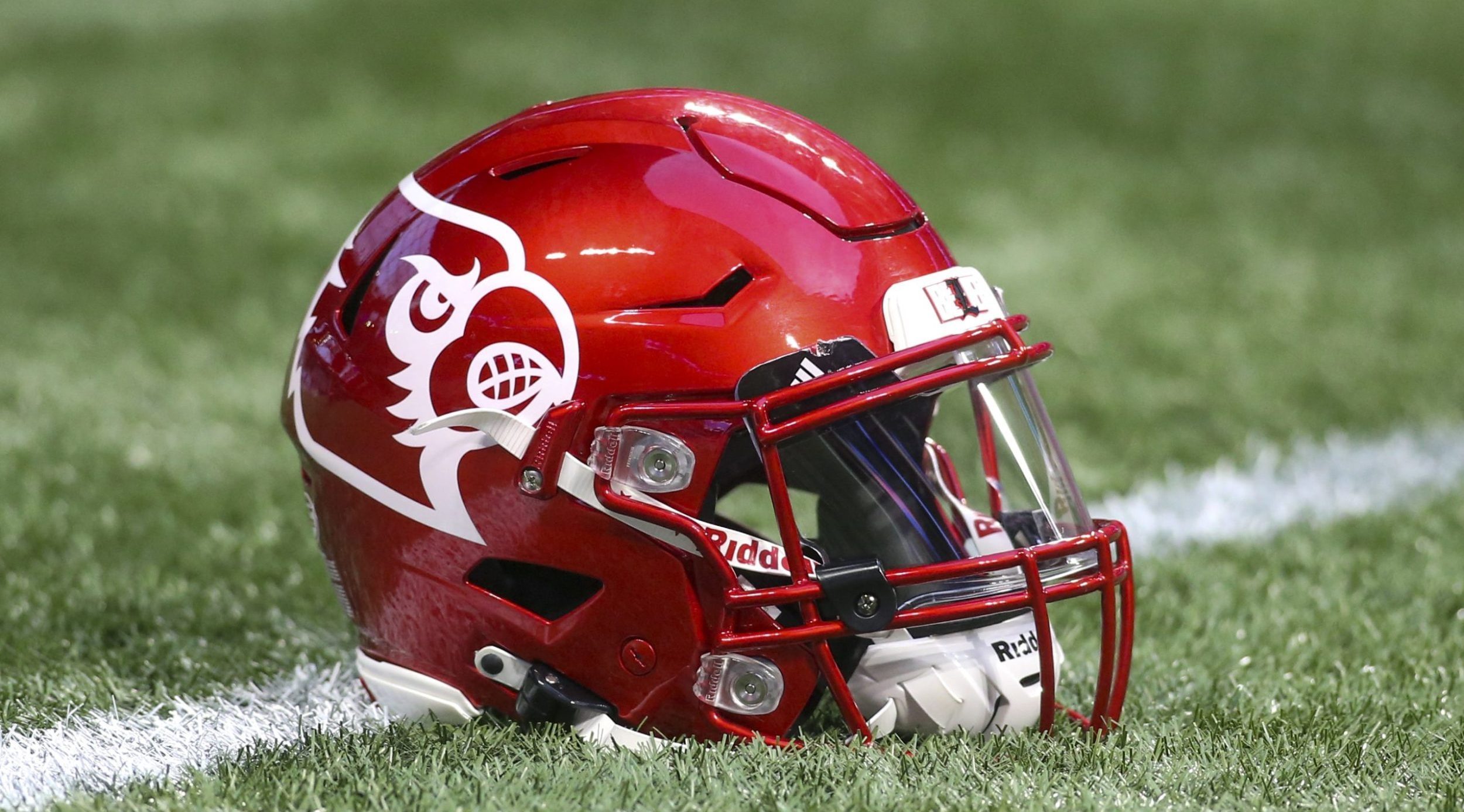
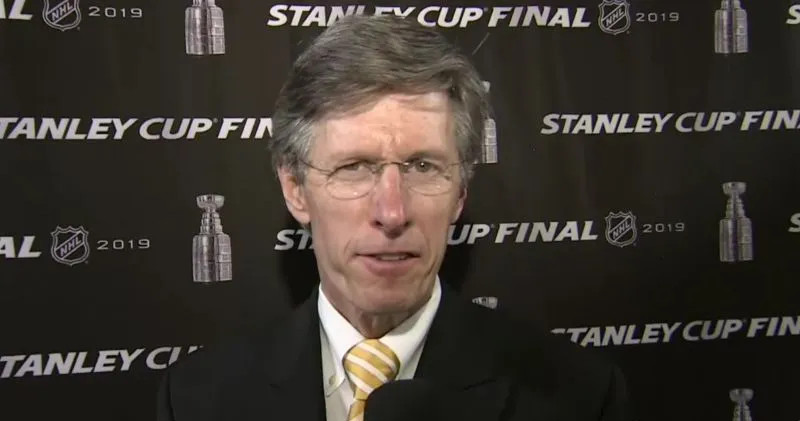
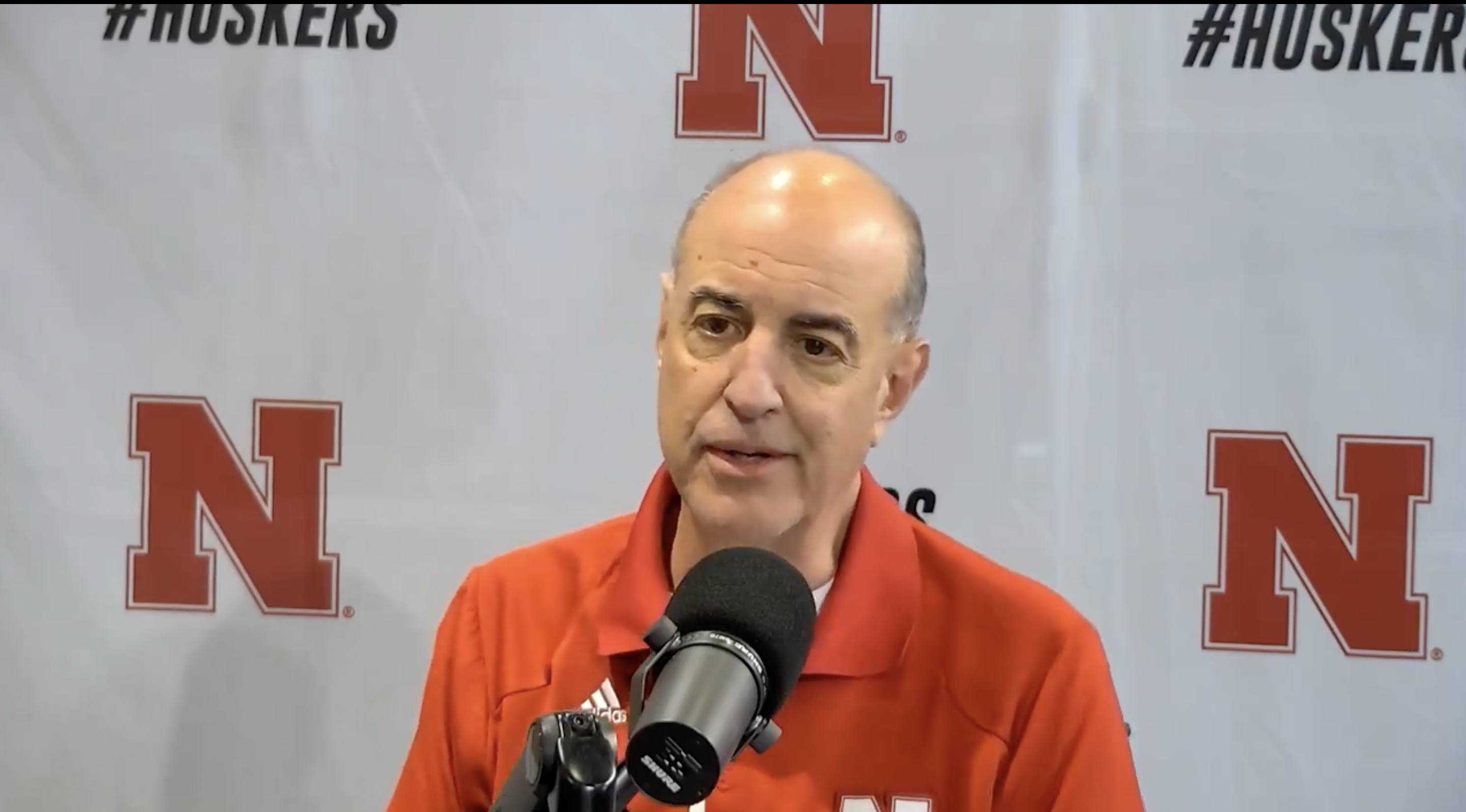
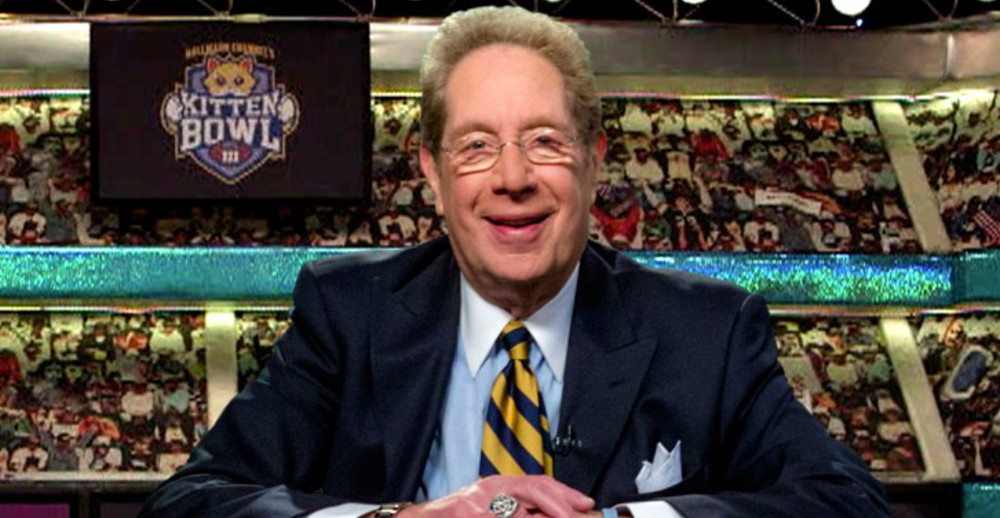
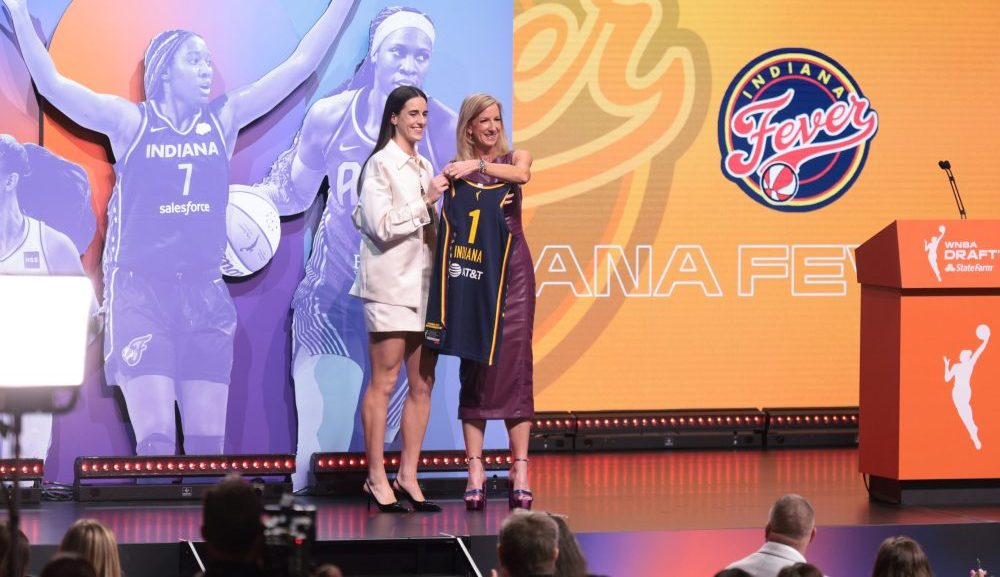
Comments are closed.